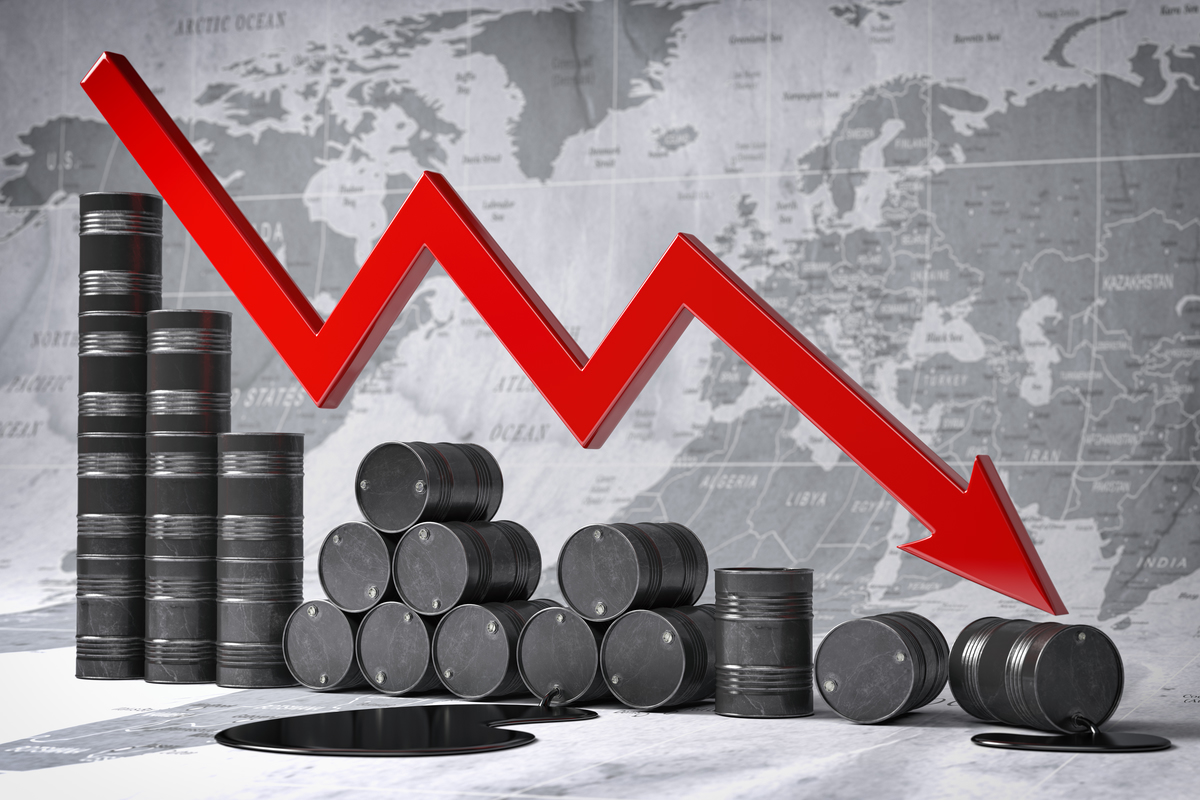Brent sinks below $90/bbl, headed for a 6% weekly drop
Front-month ICE Brent has declined by $2.87/bbl on the day, to $89.46/bbl at 09.00 GMT. The futures contract is on track for a steep 6% drop on the week.
 PHOTO: Easing geopolitical tensions between the Russia-US and a sharp spike in China's daily Covid cases has created bearish signals for oil prices. Getty Images
PHOTO: Easing geopolitical tensions between the Russia-US and a sharp spike in China's daily Covid cases has created bearish signals for oil prices. Getty Images
Upward pressure:
The Energy Information Administration reported a 5.40 million bbls drop in commercial US crude stocks and a 4.10 million bbls decline in US strategic petroleum reserves, which helped limit some of Brent's loss this week.
Further upside is seen due to an anticipated supply crunch next year as China could emerge from lockdown and EU sanctions against Russian crude oil come into effect on 5 December. This is expected to lead to global demand exceeding output.
Downward pressure:
Easing geopolitical tensions between the US and Russia, as well as the significant increase in Covid cases in China, have created bearish signals for oil prices.
Brent prices have nosedived as NATO cleared Russia of blame for a missile landing in Poland, defusing the sudden escalation of tension between Russia and the West. In a rare move, the Kremlin even praised the US' “measures and restrained” response after the incident.
A sudden surge in daily cases in Beijing and several other districts has resulted in China's national Covid-19 tally nearing record levels. The country recorded 24,028 infections on 17 November, the highest number since April.
CMC Markets analyst Tina Teng has told Reuters, “Crude oil fell after NATO cleared Russia’s missile attack on Poland, while demand concerns are back to trader’s focus amid ongoing China’s Covid curbs and gloomy global economic outlooks.”
Another headwind comes from JPMorgan's report this week, which predicts a recession in the US next year and a prolonged slowdown through 2024. The forecast is based on the projection that the US Federal Reserve will raise its interest rate by another 100 basis points through March 2023.
OPEC member Oman's energy minister Salim al-Aufi told Reuters last week that the current levels of oil prices are "unsustainable" and could fall to $70/bbl after this winter. Furthermore, he added, OPEC will discuss oversupply at its 4 December meeting.
By Konica Bhatt
Please get in touch with comments or additional info to news@engine.online





